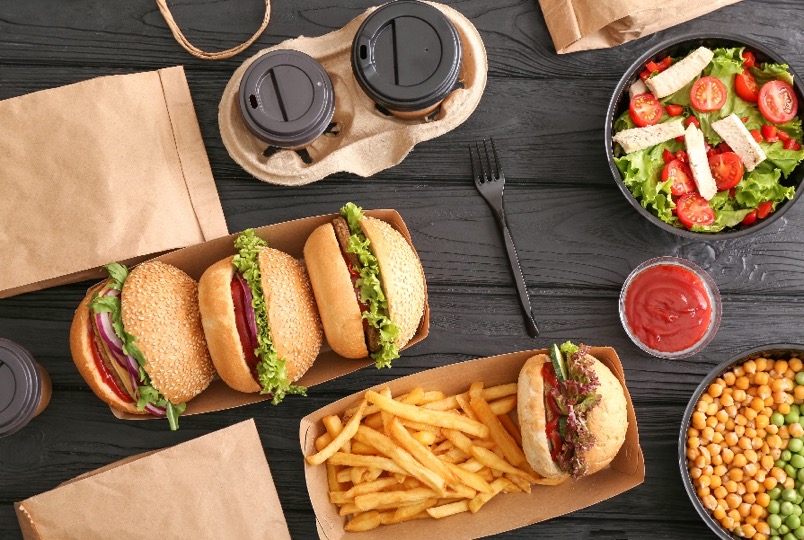
Introduction
There is a widespread lack of confidence in the global economic outlook for the next year, with a majority of individuals feeling that their country is in a recession. Additionally, there has been a decline in the percentage of people who believe their household can comfortably cover living expenses over the past year. This indicates that a growing number of individuals are experiencing financial strain, which will significantly impact their purchasing behavior.
Consumers are Making Conscious Efforts to Cut Costs in Various Areas
As consumers face financial
pressures, they are making significant lifestyle adjustments to stretch their
budgets. While these measures may offer a sense of financial control, they can
have adverse effects on both physical and emotional well-being.
In the past year, there has been a noticeable rise in the number of people seeking to minimize their energy usage as a result of escalating prices. For instance, FMCG Gurus’ consumer insights reveal that 66% of global consumers have made attempts to reduce their energy usage at home in the last six months. This poses the risk of people feeling cold in their own homes, particularly impacting the health of more vulnerable individuals. Additionally, there has been a slight increase in the proportion of people reporting reductions in spending on gifts for loved ones. This can impact emotional well-being as it leads to feelings of reluctance to make sacrifices and may induce guilt, particularly among certain demographics such as parents.
Consumers are Concerned that Price Inflation within the Food and Drink Market will Continue to Worsen
Even
prior to the current cost-of-living challenges, many consumers found that
shopping for food and drinks was a costly endeavor. The inflation in prices
over the past year has heightened these concerns, with a noticeable increase in
the percentage of individuals who now perceive grocery shopping as expensive. For
example, FMCG Gurus’ market research demonstrates that 53% of global consumers
deem food and drink shopping to be expensive, having increased from 47%. In
contrast, the proportion of people who believe that prices are rising has
remained steady, suggesting that there is a growing segment of the population
that was managing living costs a year ago but is currently facing difficulties.
When analyzing price inflation, consumers are more inclined to believe that prices have risen for essential items like bread and dairy, as opposed to non-essential luxuries. This signifies the difficulty of significantly reducing spending on essential groceries. However, it’s important to acknowledge that despite their best efforts, consumers may struggle to adhere to a budget and make impulsive purchases on non-essential items, leading to feelings of guilt afterward.
The Foodservice Sector will Continue to Experience Challenges Across the Next Year

In the past year, three out of four individuals worldwide
have cut back on their spending in the foodservice sector, indicating how
restraining consumption has become a part of daily life for many. When reducing
expenses, individuals are not solely focused on cutting spending in formal, upscale
outlets, but are also aiming to limit their spending on more informal, casual
occasions such as snacking and enjoying hot drinks in this sector.
However, it’s important to recognize that people place a high value on self-indulgence and are opposed to feelings of sacrifice, particularly when they often turn to treats as a means of escaping daily pressures. Consequently, there has been a noticeable increase in the proportion of individuals seeking out small indulgences (like cakes, chocolate, and alcoholic beverages) as a way to compensate for reduced spending within the foodservice sector. Despite the cost-cutting mindset of consumers, brands and retailers must promote the concept of affordable indulgence in 2024.
